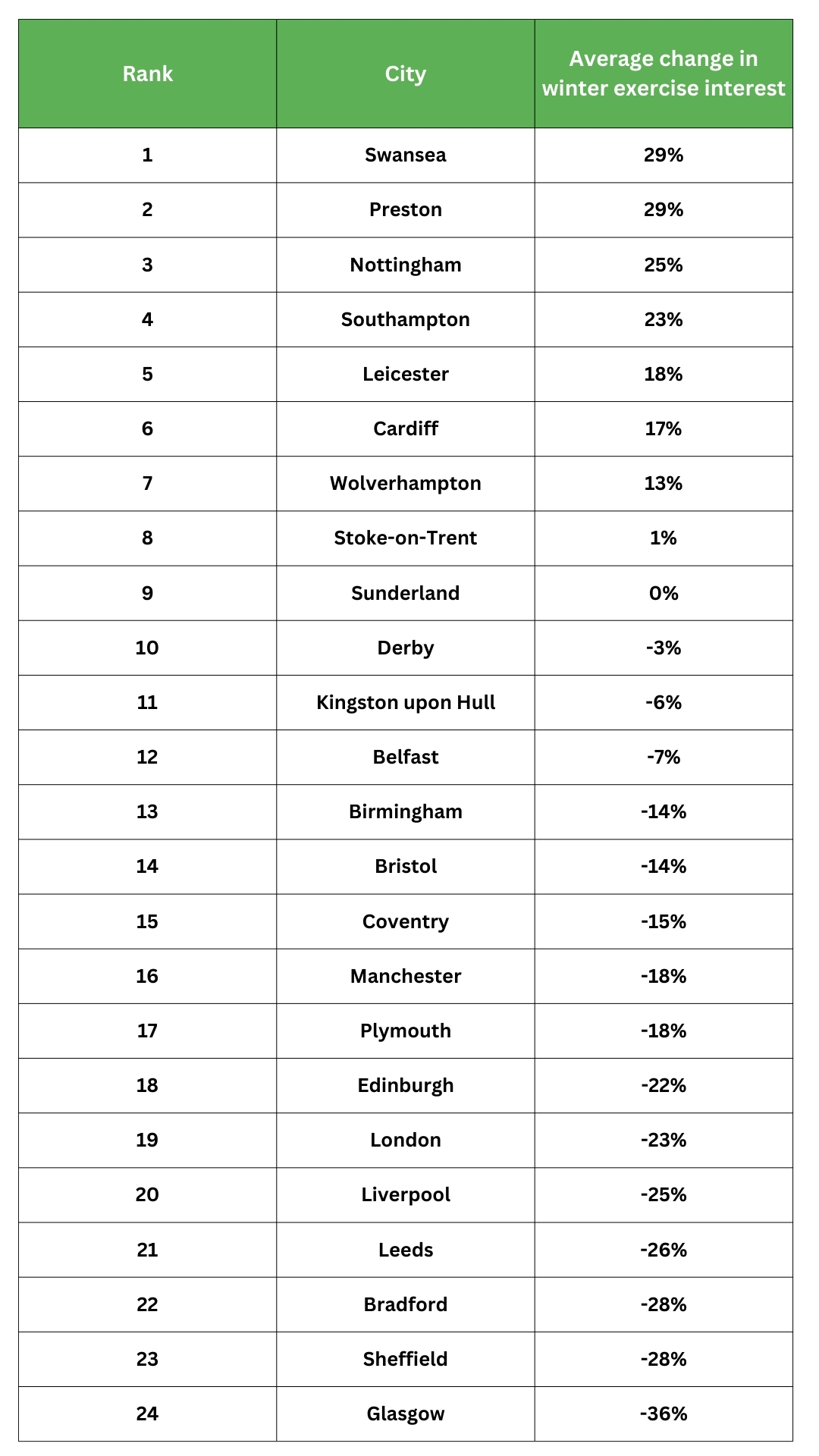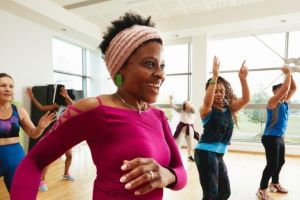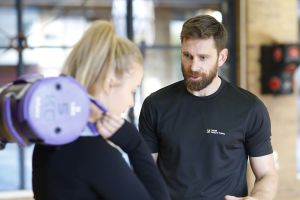Fighting the Fitness Freeze Across the UK: Staying Active in the Winter
As temperatures take a plunge, our recent findings explore the idea of a "fitness freeze" - the tendency to stop exercising when it gets cold. Our research shows a consistent decline in exercise interest during the chilly winter months, with many people put off by the drop in temperatures and the darker evenings. We know that sometimes getting the motivation to leave the house to go to the gym, go for a run, or jump in your local pool for a swim can be tricky at the best of times, but when it’s dark and cold, this challenge can get even greater.
So, which regions of the country struggle the most with cold weather workouts? Where in the UK do people fight the chill and keep their fitness routines up the most? Here, we explore these questions and also highlight the positive benefits of keeping up winter exercise routines to keep our mental health in check and potentially keep the impact of Seasonal Affective Disorder (SAD) at bay.
Regional resilience to the cold
Looking at the UK's fitness landscape, Scotland leads the fitness freeze, witnessing a 30% decrease in searches for "gym routine," "running routes," and "workout routine" during the winter months. Meanwhile, Wales emerges as a winter workout haven, displaying only a 9% drop in exercise rates, suggesting a more resilient attitude towards cold and dark conditions. Northern Ireland and England follow suit, with more moderate decreases of 14% and 15%, respectively.
Zooming into major cities, Glasgow takes the lead as the least inclined to brave the cold for a workout, experiencing a substantial 36% decrease in fitness-related searches. Sheffield and Bradford closely follow, both showcasing a 28% reduction. Northern cities Leeds (26%) and Liverpool (-25%) complete the top five with the biggest average drop during the winter, while London sits just behind with a 23% decrease.
On the flip side, Swansea and Preston defy the freeze, boasting an impressive 29% increase in exercise search rates during the colder months. Nottingham joins them in the top three, breaking the mould with a 25% increase in winter exercise interest. Southampton (23%) and Leicester (18%) make up the top five, and Cardiff sits just outside with an 18% increase.

Considering the challenges posed by the cold, we spoke to fitness experts and enthusiasts who gave their tips on how to stay active during the winter and even how to exercise in winter without going to the gym. From indoor workouts in the gym to group classes and group running clubs, there are plenty of options to keep your body moving and maintain a healthy lifestyle.
Martin Sharp, founder of Sharp Fit For Life and personal trainer and fitness coach, shares his advice, including the importance of wearing the right winter workout clothes:
“Make sure you dress for the weather, with appropriate layers in your clothing that breathe and can be taken off as you get warm, along with putting on clothes as you cool off. Be careful not to get too sweaty, as this will cause rapid heat loss, and you may find it difficult to get warm again.”
“When it is very cold, the chill can put a strain on your lungs, which is further exacerbated if you are exerting yourself. Therefore, you may want to cover your mouth and nose to increase the air temperature before you breathe it in. If it is dark, make sure you wear reflective clothing so it can be easily seen, especially if exercising near a road.”
“As with all exercise, remember to drink plenty of fluids to stay hydrated, as even though you may not sweat as much as in the summer months, you will still experience fluid loss. Keep a close check on how your body feels to prevent problems or injuries, especially as your fingers and toes may become numb. And make sure you tell a friend or spouse where you are going and when you are expected to be back, just in case.”

Matt Marsh Photography
Battling Seasonal Affective Disorder with the power of exercise
In tandem with the fitness freeze, the winter months witness a surge in interest in Seasonal Affective Disorder (SAD). As daylight hours decrease, many individuals find themselves grappling with the effects of SAD, a form of depression linked to seasonal changes, with winter being a particularly challenging period. Figures show an average increase of 113% in searches for the phrase between September and October each year.
We spoke to Georgina Sturmer, a counsellor who supports people through depression, anxiety, and other life difficulties. She shared her advice for people struggling with SAD and explained how exercise can help:
“Physical activity offers benefits to our physical health, but it can also have a positive impact on our mental wellbeing. When we use our bodies, stretch our muscles, and elevate our heartbeat, we are tuning into what our body needs. This helps us gain perspective and connect with the outside world. Exercise can help reduce depression, which is the major feature of Seasonal Affective Disorder. This is partly due to the immediate mood-lifting powers of exercise. And it’s also partly down to the other features that accompany exercise.”
“For example, exercise might make us spend time outside in nature or connecting with other people, which can help to ground us and reduce loneliness or isolation. When we exercise, this can also have a positive impact on self-esteem, which can help combat negative thinking and self-criticism.”
In Summary
As we unveil the realities of the "fitness freeze" across the UK and showcase the declining degree of winter exercise interest levels in different regions, it's clear that the winter months present a challenge to maintaining an active lifestyle. The surge in SAD-related searches during this time further underscores the crucial role physical activity plays in supporting mental wellbeing, which makes keeping active all the more important.
Be sure to speak to trainers and PTs in your local Better centre for their advice on staying safe during your outdoor workouts and beating the chill, and check out more of our tips on how to make the most of the health benefits of cold weather exercise to get the most out of your training this winter.

